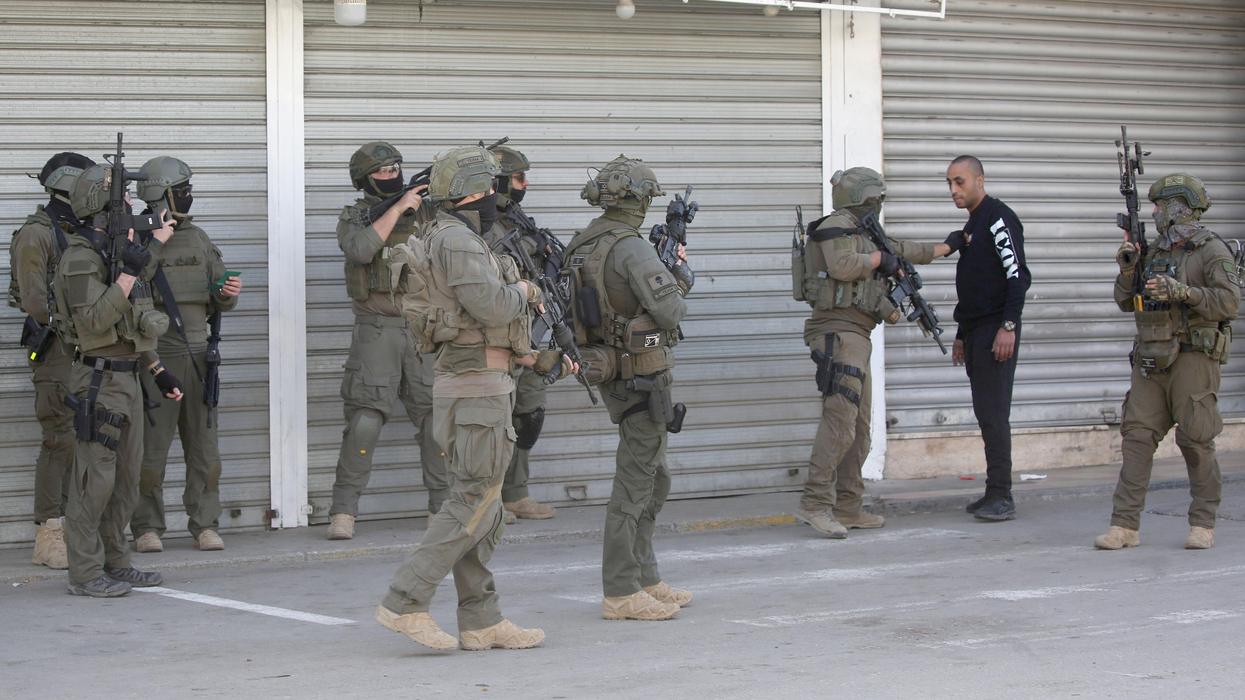The EU appears to have put a stick in the spokes of a beleaguered Black Sea ceasefire agreement between Russia and the U.S.
U.S. and Russian negotiators, after 12-hour long talks in Riyadh, coalesced on Tuesday around an expanded partial ceasefire between Russia and Ukraine covering the Black Sea and energy infrastructure. The Kremlin indicated that the deal is contingent on removal of sanctions on Rosselkhozbank, a key agricultural bank, and its reconnection to the Swift international messaging system.
This has emerged as a point of contention, with Ukraine and some Western outlets claiming that Russia foisted sanctions relief as an added condition in an ex post facto way after the initial agreement had already been negotiated. The Russians, for their part, claim that they are simply seeking a return to the framework laid out in the original Black Sea Grain Initiative, better known as the grain deal, which they understand to encompass partial sanctions relief in exchange for a cessation of hostilities between Russia and Ukraine in the Black Sea region.
Though the U.S. statement did not explicitly reference sanctions relief or restoring Rosselkhozbank’s access to SWIFT, it did say that the “United States will help restore Russia’s access to the world market for agricultural and fertilizer exports, lower maritime insurance costs, and enhance access to ports and payment systems for such transactions.”
It is difficult to imagine how this provision could be fulfilled without removing certain sanctions, or providing Russian companies with carveouts and waivers that essentially amount to sanctions relief. It is therefore not necessarily the case, pending further clarification by U.S. officials, that there is meaningful daylight between US and Russian positions on this issue.
But, whether or not Russia has indeed sprung a new set of last-minute demands on its American interlocutors, the issue may have just been rendered moot by the EU.
“The end of the Russian unprovoked and unjustified aggression in Ukraine and unconditional withdrawal of all Russian military forces from the entire territory of Ukraine would be one of the main preconditions to amend or lift sanctions,” Anitta Hipper, European Commission spokesperson for foreign affairs, told the Financial Times.
It is unclear on the level of institutional decision making whether this obviously unviable condition for sanctions relief is merely an instance of bureaucratic inertia or part of a premeditated European strategy to hinder progress on U.S.-Russia talks to end the war in Ukraine. To the extent that many of the world’s major financial institutions are tied to Europe, the EU has tools at its disposal in the short to medium term to greatly impede any partial removal of sanctions on Russia.
In the long term, it is difficult to see how the international sanctions regime on Russia can maintain its coherence and effectiveness without continued US backing. In either case, an alleged — and it is at this point merely alleged — disagreement between Russia and the U.S. over sanctions relief is a tactical issue that can be remedied in future talks.
A principled stance by the EU against lifting any sanctions pending Russia’s unconditional withdrawal from Ukraine is a much more serious issue that stands a not insignificant chance of vitiating already-delicate U.S.-Russia peace talks.
- US-Russia talks: The rubber finally hits the road ›
- No, a ceasefire is not a ‘bad deal’ for Russia ›
- What happens to EU's anti-war bloc without Marine Le Pen? | Responsible Statecraft ›
- 'It's 2025 not 1939!' EU threats over Russia Victory Day draws backlash | Responsible Statecraft ›
















